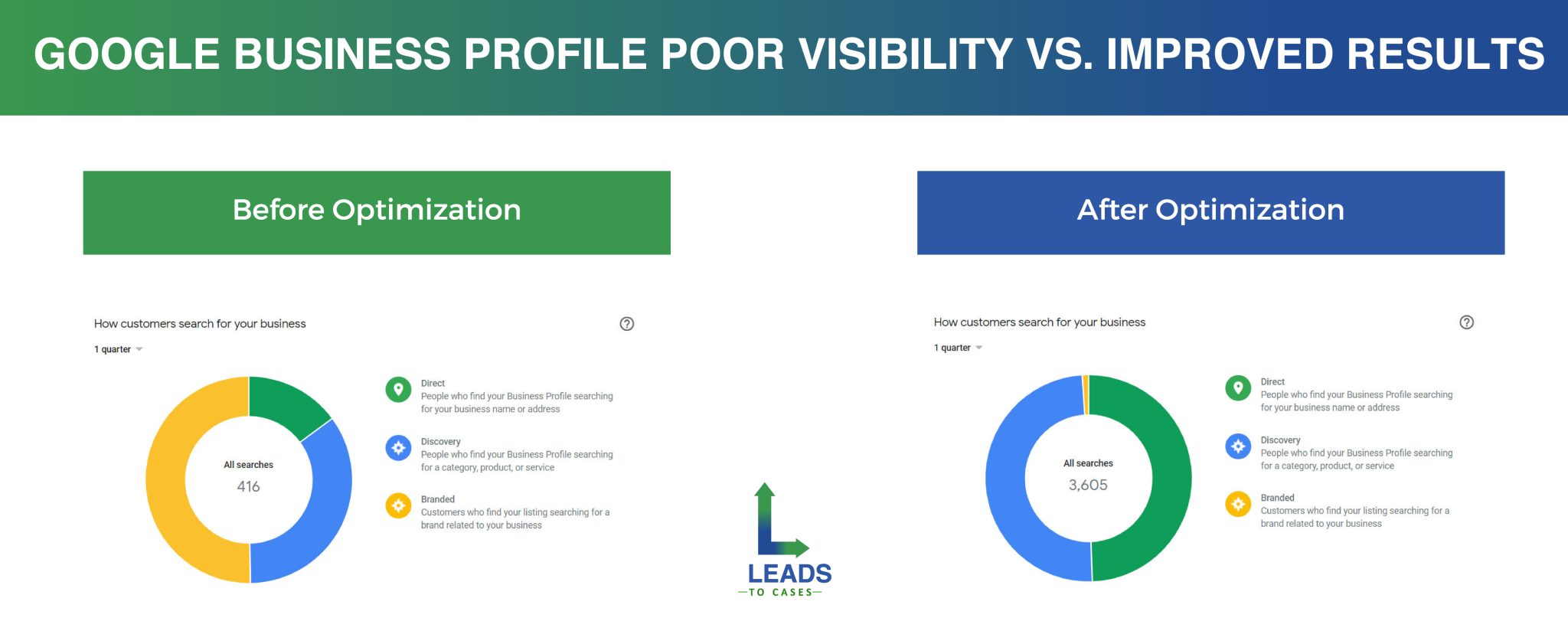
Now, you might not understand why it makes that much of a difference, or how to even begin to implement it/make changes to your firm to start implementing it, but that’s why we’re here.
Voice search is a digital marketing tactic for law firms. However, for potential clients, it’s simply becoming part of their daily routine. Adopting natural language in marketing content and optimizing for mobile devices and voice recognition will help your law firm stay ahead of the competition.
Now let’s go more in-depth about the differences between just typing what you’re looking for, versus speaking it to a voice assistant like Siri, Cortana, or Alexa.
Standard SEO vs Voice SEO– What’s the Difference?
The most significant difference between traditional SEO for lawyers and voice search SEO is the way voice search has altered keyword usage. For example, with normal Google searches, users tend to focus on short keywords like “winter fashion ideas” or “women’s formal shoes.”
However, the other main difference is the intent of the searcher: are they looking for general info about a legal issue, or do they want to hire a lawyer?
Generally speaking, voice search is becoming much more convenient and the preferred search method for clients.
Voice Search Statistics
Now let’s get into some statistics to show how much voice search could potentially help your firm.
For starters, in 2016, ComScore projected that 50 percent of all searches would be voice searches by 2020. That statistic drew the attention of marketers. In 2019, eMarketer estimated that 111.8 million people in the United States will use a voice assistant at least once a month in 2019. This amounts to 39.4 percent of U.S. internet users and 33.8 percent of the overall population. eMarketer predicts that by 2021, the number of voice assistant users in the United States will grow to 122.7 million, representing 42.2 percent of internet users and 36.6 percent of the population.
Along with that, close to 50% of people are now researching products using voice search (Social Media Today)
Mobile voice search on Google is now translated into over 60 languages (Wikipedia)
After analyzing 10,000 Google Home search results, Brian Dean found that it takes an average of 4.6 seconds for a voice search result page to load (Backlinko)
Of American adults who have access to a smart speaker (Google Home, Apple Home Pod, or Amazon Echo), 11.5% claimed to use them to buy something at least monthly (Voicebot)
51% of consumers claim they would use voice search to find a local business near them (BrightLocal)
Now that we’ve shown how many potential clients you could be gaining with those statistics, let’s discuss a couple of steps you could and should take if trying to implement voice search in your firm.
Set up a Google My Business Account
The first thing you need to do is have an active Google local business listing. You can set up an account through Google My Business. The listing helps prospective clients search for your business on the Google local listing as well as on Google Maps. If you need help with setting up an account, we are happy to assist.
Add Compelling Content to Your Blog
An excellent example of this dynamic content is an FAQ. The FAQ format matches how searchers look for content on Google. You could compare a voice search to asking a friend a question. You provide a relevant, helpful response to their query.
Focus on Long-Tail Keywords
You need to focus on semantic search, which is all about user intent. Long voice search queries have a specific meaning to the searcher. As we’ve mentioned before, these searches are semantically different from the ones we type, even though they will likely yield the same answers.
Optimize Your Website For Mobile
You’ve probably heard a million companies tell you how you need a mobile site. Please make this 1,000,001. The vast majority of voice searches happen on android phones. Without a mobile website, you will lose out on the majority of your voice search traffic.
Use Schema
Long-tail law firm keywords today rely on Schema to improve the semantic search capabilities of your website. Schema gives meaning to the content and keywords you use on your website by telling Google what the purpose of your content is. Attorneys even have their own schema format they can use to discuss their services.
Takeaway
As you can now see, it is evident that adding Voice Search Local services to your existing law firm marketing strategy is critical to helping you win more clients.
Selecting the right team to assist you with Voice Search Local Services can be a daunting process. Especially when first starting. Many firms we’ve been introduced to have never been through the process before – and very few have it conquered. So, getting a bit of help or assistance from someone more familiar with this field would benefit you greatly. This is where LTC can help, ask us how to find out more information about the Voice Search Local Service Platform today!
















Post a comment